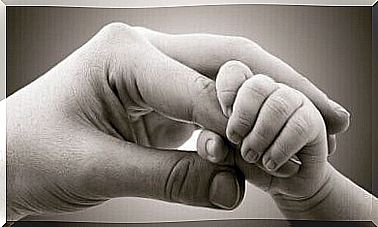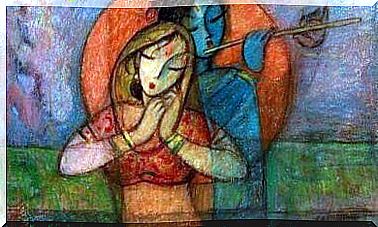5 Lies We Love To Believe

As reprehensible as they are, lies never cease to have an attractive and seductive side. While many truths strike with a disheartening harshness, many lies have the opposite effect: they create illusions – the word “delusion” has a lot to do with deception – and even succeed in motivating.
Not all lies have these characteristics, but many do. These are the lies that we tell ourselves or that we are told that we like to believe because they fit better with our desires or allow us to see the world in a way that best fits what we do. expect from him.
“Whoever tells a lie does not know what work he has engaged in because he will have to invent twenty more to support the veracity of the first. “
This is a very popular idea. It is said that feeling anger poisons you and that the best way to keep it from happening is to give it free rein. This assumes that as soon as you start screaming, throwing a delicate object at the wall, and letting whatever pops into your head, without the slightest censorship, you will feel relieved and end up being at peace.

This is absolutely wrong. Anger is addictive and creates a vicious circle: its uncontrolled manifestation puts you in a circle that feeds it.
Self-esteem is a concept that in recent years has gained wide recognition as an influencing factor in our behavior. It is certain that people who have a good opinion of themselves suffer less in social situations and spend less energy on unnecessary anxieties.
However, having healthy self-esteem does not automatically lead to success, in the same way that deteriorated or boosted self-esteem does not lead to failure. History is filled with examples of great men and women who have always doubted themselves and who, despite everything, have done transcendent things. It is possible that a healthy self-esteem predisposes to good adaptability and, therefore, to a lower interest in formulating big questions or big concerns, but this is never an assurance or a sufficient condition.
3. He “was” or “was not” “the love of my life”
Another myth that everyone wants to believe is the “love of life”. It is one of those lies that comfort or contribute to an illusionist view of the affective world. The idea that there is a love which fits perfectly and which, therefore, is “the love of life” is false.

Each choice involves a series of renouncements. If you choose a profession, you are leaving out a lot of other professions in which you might have been talented. If you choose a spouse forever, you are giving up a lot of other people you might have been as happy with, if not happier, than with the person you chose.
We can say that all loves are imperfect. One love will be able to cover what another does not cover, but it will also leave uncovered other parts that the previous love covered.
4. You can achieve whatever goals you set for yourself
The reality of life is that we don’t always succeed in doing what we promised ourselves, even though we put a great deal of effort or dedicate most of our time to achieving it. We can desire it with all our soul and work tirelessly, but we don’t always win.
Sometimes we set ourselves goals inappropriately. We focus on goals that are unfortunately impossible to achieve. We cannot and will not be able to go back, even if we want to. Reality dictates that we will not be able to win an Olympic medal in athletics if we are already too old / old or if we have never played the sport.
For a rational society, it is difficult to accept that there are unanswered questions, or realities to which one cannot attribute an exact cause. Saying that “everything has a purpose” is one of the most popular lies, because it creates the feeling that reality makes sense on its own. That it can be controlled.

The truth is, purpose, or the meaning of things, is something that everyone attributes or ceases to attribute based on their feelings and beliefs. Nothing has a raison d’être in itself: people and cultures create causes or explanations for life events in accordance with what they want or with the principles in which they believe.








